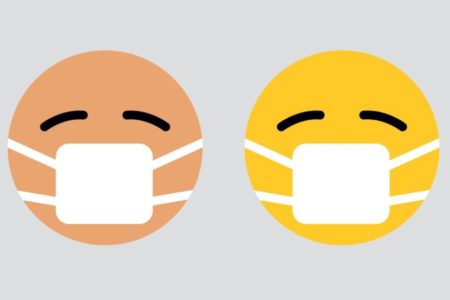-
Intersectionality and COVID19
This final week of Minority Health Month, let’s focus on the concept of intersectionality and the ways in which we see it playing out with COVID-19. Intersectionality focuses on the ways in which we are all made of multiple identities – some of which place us at increased risk for health inequities, and others that…
-

Minority Health Month: COVID19 – Wearing Face Coverings in Public
April is Minority Health Month, and each Wednesday this month your diversity deans are going to bring you a weekly message on a topic related to minority health. This week’s topic is COV-19: Wearing Face Coverings in Public As the CDC continues to study the spread and effects of the novel coronavirus across the United…
-
Women’s Health Network
To ensure health equity and improve health outcomes for women by providing a platform that strengthens the knowledge of available regional resources, facilitates appropriate and efficient referrals, and enhances communication among providers. * Self-pay includes any individual who chooses to pay out-of-pocket for services including those who are uninsured or underinsured, those who have large…
-

You don’t need to be an expert to know how to help.
Mental Health First Aid gives people the tools to identify when someone might be struggling with mental health or substance use problems and to connect them with appropriate support and resources when necessary. One in five Americans has a mental illness, but many are reluctant to seek help or might not know where to turn…
-

Motherhood Shouldn’t Lead to Loss of Self
According to the Centers for Disease Control and Prevention, there were 3,945,875 babies born in the United States in 2017. This means that close to as many women became mothers for the first time or welcomed another child – or children – into their families. Being a mother to an infant is hard, as women…
